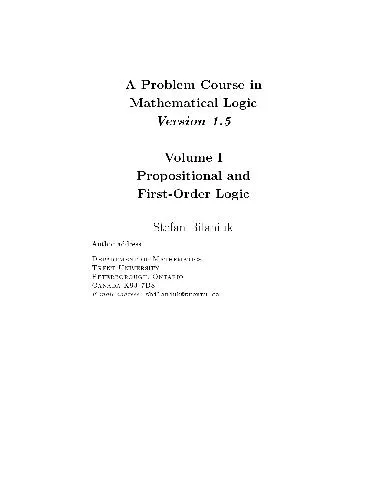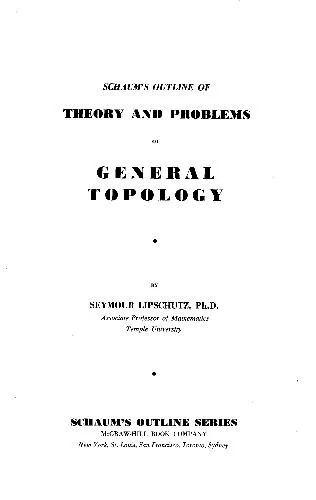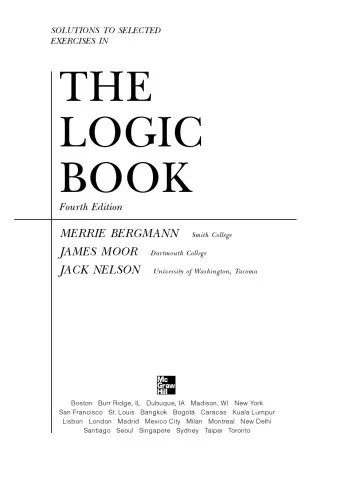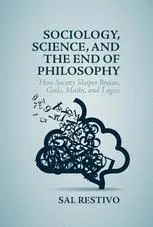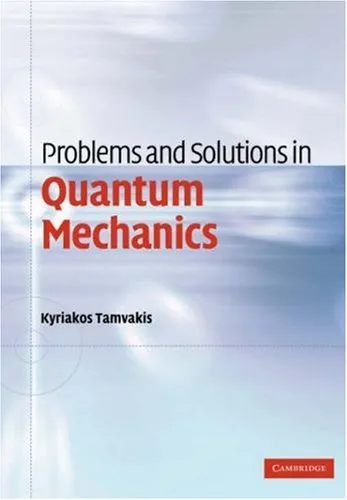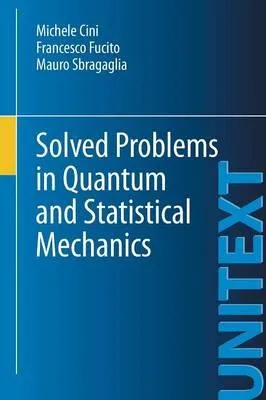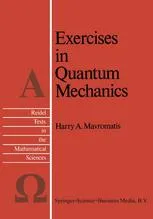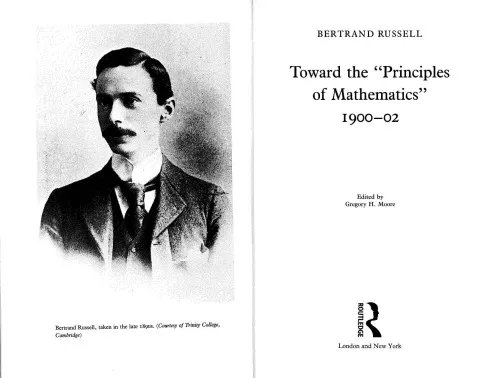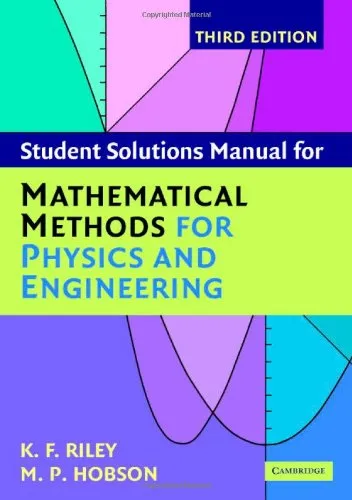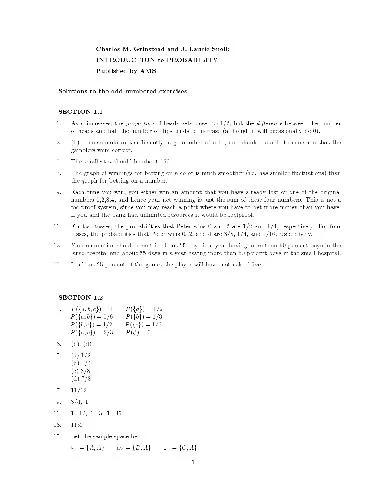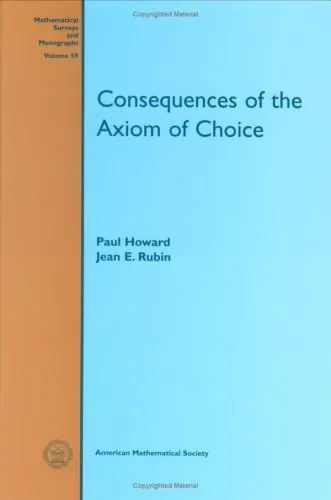A Problem Course in Mathematical Logic
4.0
Reviews from our users

You Can Ask your questions from this book's AI after Login
Each download or ask from book AI costs 2 points. To earn more free points, please visit the Points Guide Page and complete some valuable actions.Related Refrences:
Introduction to "A Problem Course in Mathematical Logic"
"A Problem Course in Mathematical Logic" is a unique and thoughtfully constructed resource for anyone interested in exploring the depths of mathematical logic. Unlike traditional textbooks, this book emphasizes a hands-on, problem-solving approach, designed to strengthen critical thinking and sharpen analytical skills. Rather than overwhelming the reader with abstract theory, it introduces key concepts through carefully curated exercises and problems, making the learning experience both challenging and rewarding.
This book is well-suited for a wide range of learners, including undergraduate students in mathematics, philosophy, or computer science, as well as self-learners seeking a structured approach to logic. With its clear explanations and focus on solving problems, "A Problem Course in Mathematical Logic" bridges the gap between foundational theory and practical understanding, making it an essential resource for anyone eager to master the discipline.
Detailed Summary of the Book
The book is structured to provide an accessible yet rigorous introduction to mathematical logic. It begins by covering the core foundations of propositional logic, introducing truth tables, tautologies, and logical equivalence. From there, the text delves into predicate logic, exploring quantifiers, logical inference, and proofs using formal systems.
As the reader progresses, the book introduces more advanced topics such as set theory, recursion theory, model theory, and Gödel's incompleteness theorems. Each chapter is structured to prioritize interactive learning, guiding readers through numerous problems that range from straightforward to highly challenging. The problems are designed not only to test comprehension but also to encourage the discovery of new insights and creative problem-solving strategies.
Importantly, the book ties mathematical logic to broader applications, such as its role in computer science, artificial intelligence, and philosophy. It demonstrates how these logical systems serve as the backbone of algorithms, reasoning processes, and decision-making frameworks. The concise yet rich approach ensures that every learner, regardless of their background, is able to adapt and grow with the material.
Key Takeaways
- The book provides a robust foundation in fundamental and advanced concepts of mathematical logic.
- It emphasizes solving problems to foster a deeper understanding of logical systems and theories.
- Readers gain profound insights into topics like propositional logic, predicate logic, and informative proof strategies.
- The book equips readers with the tools to appreciate the applications of logic in fields like computer science and philosophy.
- It communicates the relevance of Gödel’s incompleteness theorems and their implications for mathematics and computation.
- Completing this course prepares readers for more advanced topics in logic, formal systems, and beyond.
Famous Quotes from the Book
"Logic, at its heart, is the art of truth-seeking through structured reasoning."
"Every problem solved is a small victory for reason and clarity."
"To understand logic is to unlock the door to countless intellectual possibilities."
Why This Book Matters
In a world dependent on technology and rigorous reasoning, the importance of understanding mathematical logic cannot be overstated. Whether designing complex algorithms, verifying mathematical theorems, or grappling with philosophical questions about truth, mastery of logic lies at the heart of these endeavors. This book not only equips readers with the necessary tools to engage with logic but also instills a mindset of curiosity and precision.
"A Problem Course in Mathematical Logic" stands out because of its approach: it invites readers to grapple with problems rather than passively absorb theories. This active engagement helps foster intellectual resilience and a deeper appreciation for mathematical beauty. The book caters to both beginners who want to explore the subject and advanced learners seeking a challenge, making it a versatile resource for a wide audience.
By the conclusion of the book, readers will have not only learned about mathematical logic but will have also acquired powerful reasoning skills that extend to various disciplines and real-world contexts. This book cements its place as a cornerstone for foundational logic education and beyond.
Free Direct Download
You Can Download this book after Login
Accessing books through legal platforms and public libraries not only supports the rights of authors and publishers but also contributes to the sustainability of reading culture. Before downloading, please take a moment to consider these options.
Find this book on other platforms:
WorldCat helps you find books in libraries worldwide.
See ratings, reviews, and discussions on Goodreads.
Find and buy rare or used books on AbeBooks.
1308
بازدید4.0
امتیاز0
نظر98%
رضایتReviews:
4.0
Based on 0 users review
Questions & Answers
Ask questions about this book or help others by answering
No questions yet. Be the first to ask!
